Bio & Science

Masculinity norms shape labour supply, health, and political preferences Germany’s 1940s and Korea’s 2020s show contrasting trajectories Education policy can recalibrate norms and stabilise economies
Read More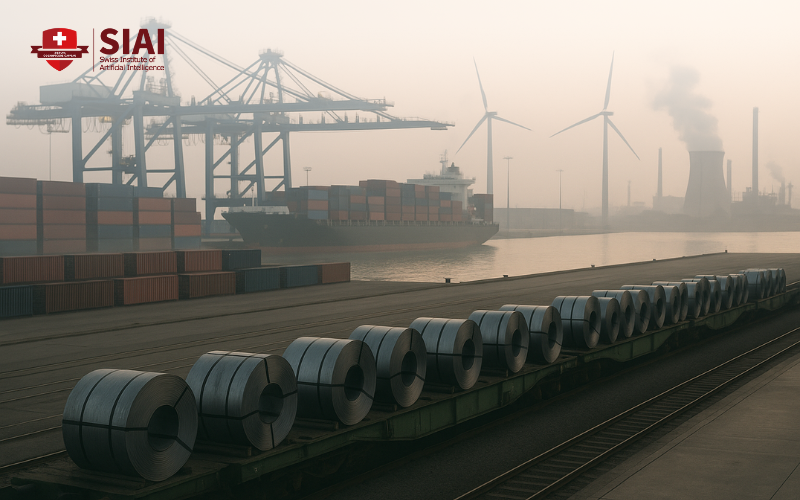
CBAM sets Europe’s carbon price at the border Asian firms race to cut emissions Europe must share tech and stay efficient Every few decades, shifts in trade rules alter the competitive landscape.
Read More
Aging turns housing scarcity into surplus New-build bias sidelines older homes and erodes value A 'refurbish-first' policy can turn empty properties into affordable assets
Read More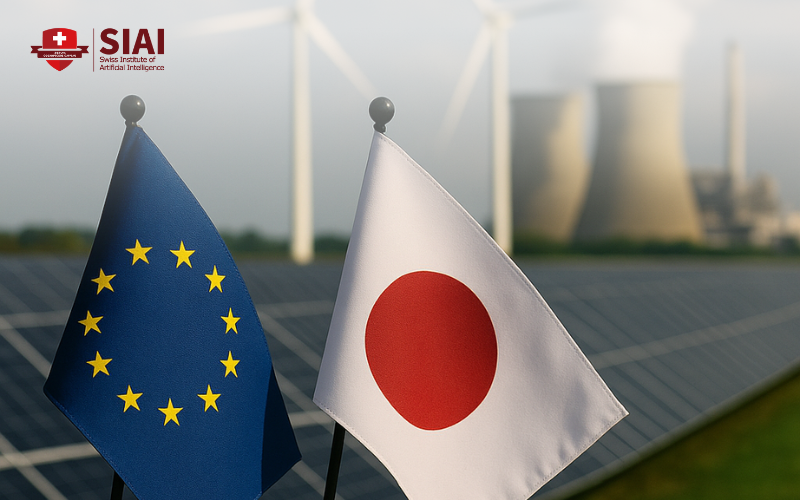
The EU and Asia Pacific should move from competition to surplus-sharing in green energy Tools like carbon contracts and CBAM credits can ensure fair distribution of benefits This strategy will enhance investment and strengthen global partnerships
Read More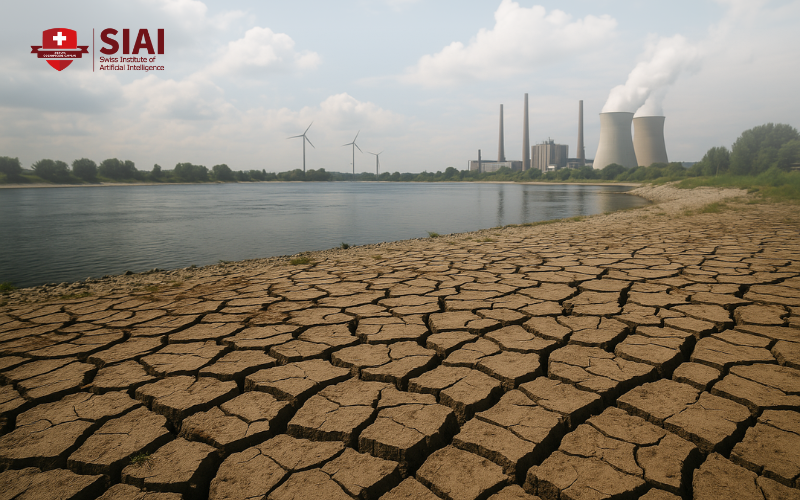
Credit ratings focus too much on climate promises rather than actual outcomes Droughts, heat, and supply-chain shocks strain economies and public finances Agencies must incorporate measurable climate impacts into sovereign ratings
Read More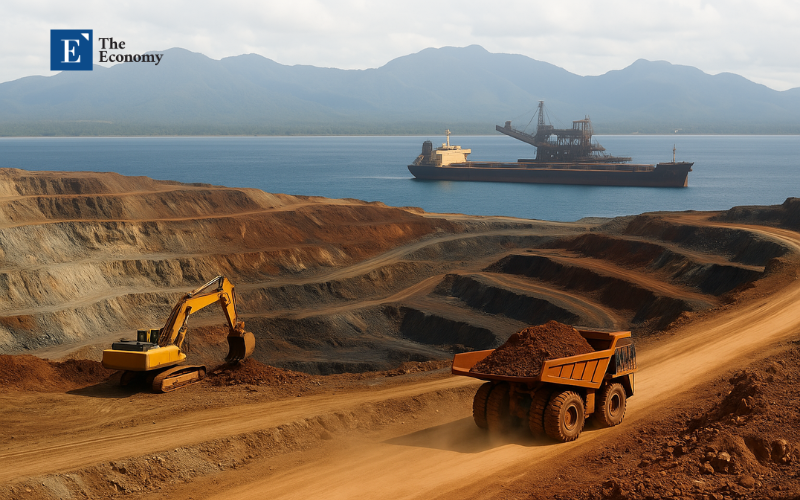
This article was independently developed by The Economy editorial team and draws on original analysis published by East Asia Forum. The content has been substantially rewritten, expanded, and reframed for broader context and relevance. All views expressed are solely those of the author and do not represent the official position of East Asia Forum or its contributors.
Read More
This article is based on ideas originally published by VoxEU – Centre for Economic Policy Research (CEPR) and has been independently rewritten and extended by The Economy editorial team. While inspired by the original analysis, the content presented here reflects a broader interpretation and additional commentary. The views expressed do not necessarily represent those of VoxEU or CEPR.
Read More
This article is based on ideas originally published by VoxEU – Centre for Economic Policy Research (CEPR) and has been independently rewritten and extended by The Economy editorial team. While inspired by the original analysis, the content presented here reflects a broader interpretation and additional commentary. The views expressed do not necessarily represent those of VoxEU or CEPR.
Read More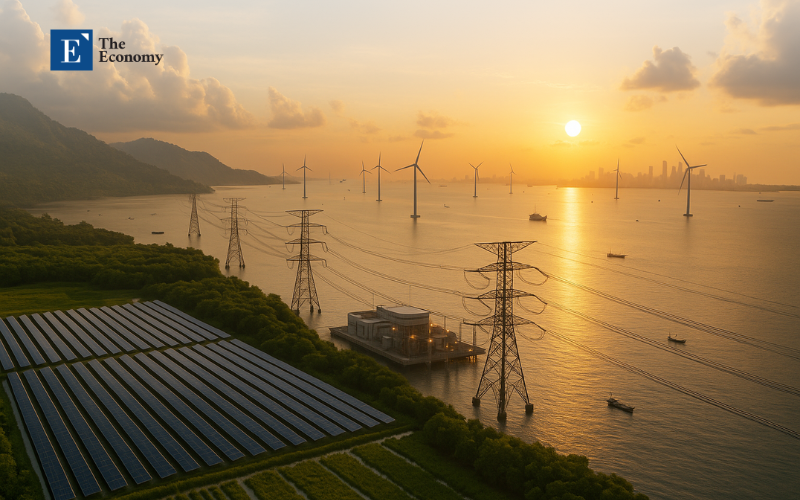
This article was independently developed by The Economy editorial team and draws on original analysis published by East Asia Forum. The content has been substantially rewritten, expanded, and reframed for broader context and relevance. All views expressed are solely those of the author and do not represent the official position of East Asia Forum or its contributors.
Read More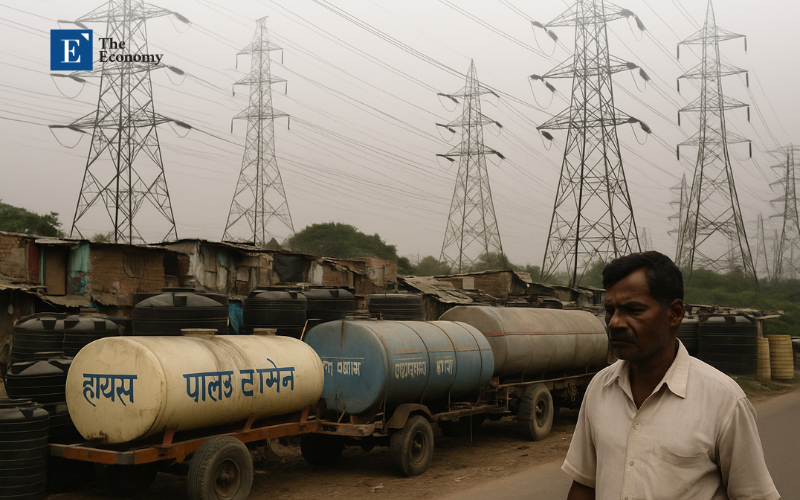
This article was independently developed by The Economy editorial team and draws on original analysis published by East Asia Forum. The content has been substantially rewritten, expanded, and reframed for broader context and relevance. All views expressed are solely those of the author and do not represent the official position of East Asia Forum or its contributors.
Read More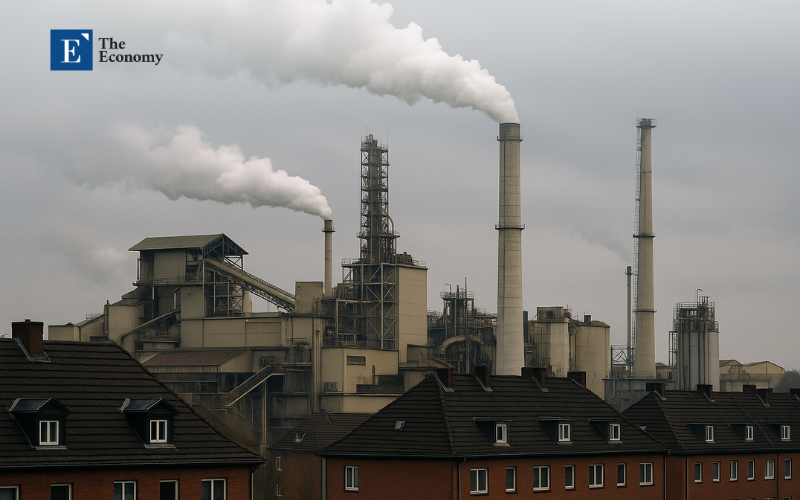
This article is based on ideas originally published by VoxEU – Centre for Economic Policy Research (CEPR) and has been independently rewritten and extended by The Economy editorial team. While inspired by the original analysis, the content presented here reflects a broader interpretation and additional commentary. The views expressed do not necessarily represent those of VoxEU or CEPR.
Read More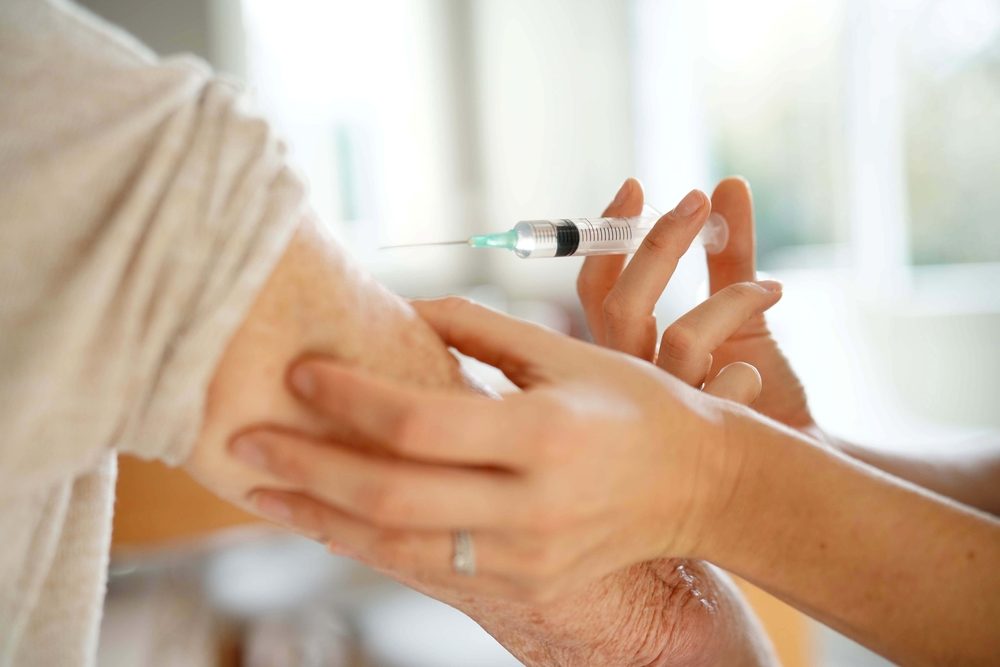
He strikes at mRNA funding. Advisory experts replaced Public health at a crossroads In a move that has shaken the scientific community, U.S. Health Secretary Robert F. Kennedy Jr. initiated a broad reversal of federal support for the development of COVID-19 and flu vaccines. The decision, announced in late 2024, is consistent with his long-held skepticism toward vaccines and now signals a new phase where such beliefs are shaping national health policy.
Read More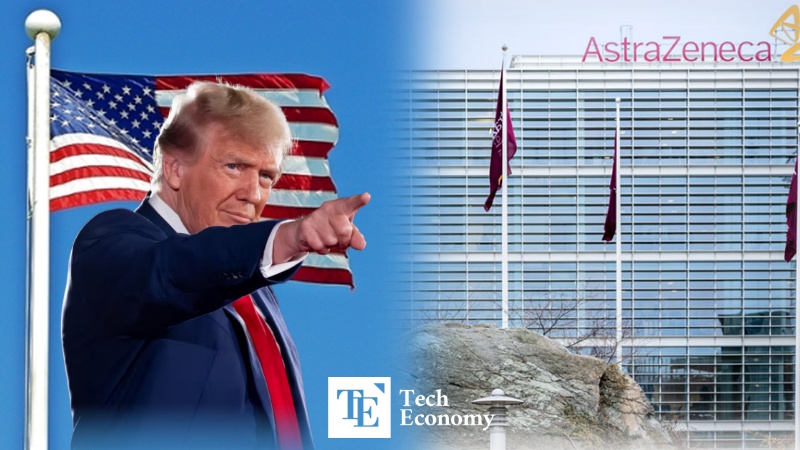
Largest Single-Nation Investment in AZ’s HistoryEuropean Pharma Rushes to Expand U.S. Supply Chains
Read More
This article is based on ideas originally published by VoxEU – Centre for Economic Policy Research (CEPR) and has been independently rewritten and extended by The Economy editorial team. While inspired by the original analysis, the content presented here reflects a broader interpretation and additional commentary. The views expressed do not necessarily represent those of VoxEU or CEPR.
Read More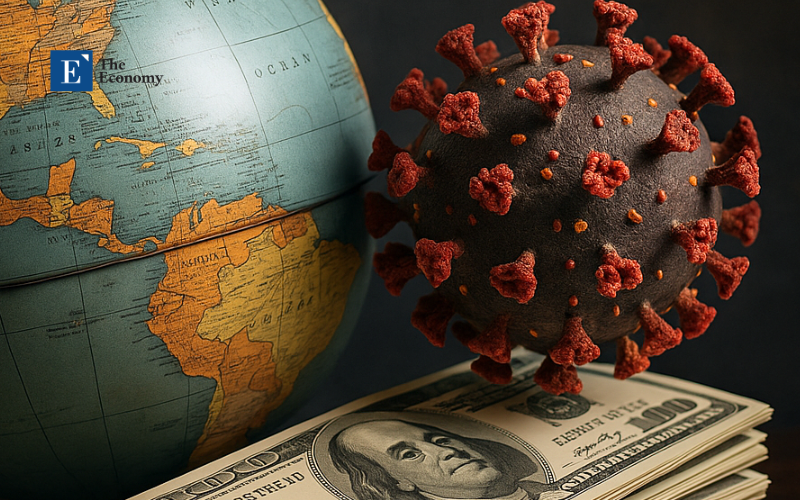
RFK Jr. halts U.S. funding to Gavi, triggering global health concern. Critics argue that his vaccine views lack a scientific foundation. The world braces for ripple effects as immunization efforts falter. In a stunning policy reversal, President Robert F. Kennedy Jr. has ended federal support for Gavi, the international vaccine alliance that has protected millions of children in vulnerable nations. Citing concerns over transparency and billionaire influence, Kennedy argues the move reclaims U.S. autonomy in global health spending.
Read More
This article is based on ideas originally published by VoxEU – Centre for Economic Policy Research (CEPR) and has been independently rewritten and extended by The Economy editorial team. While inspired by the original analysis, the content presented here reflects a broader interpretation and additional commentary. The views expressed do not necessarily represent those of VoxEU or CEPR.
Read More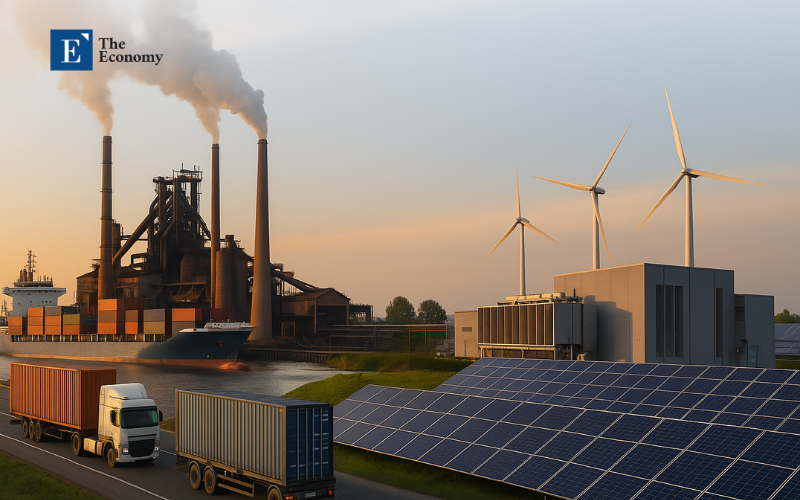
This article is based on ideas originally published by VoxEU – Centre for Economic Policy Research (CEPR) and has been independently rewritten and extended by The Economy editorial team. While inspired by the original analysis, the content presented here reflects a broader interpretation and additional commentary. The views expressed do not necessarily represent those of VoxEU or CEPR.
Read More
This article is based on ideas originally published by VoxEU – Centre for Economic Policy Research (CEPR) and has been independently rewritten and extended by The Economy editorial team. While inspired by the original analysis, the content presented here reflects a broader interpretation and additional commentary. The views expressed do not necessarily represent those of VoxEU or CEPR.
Read More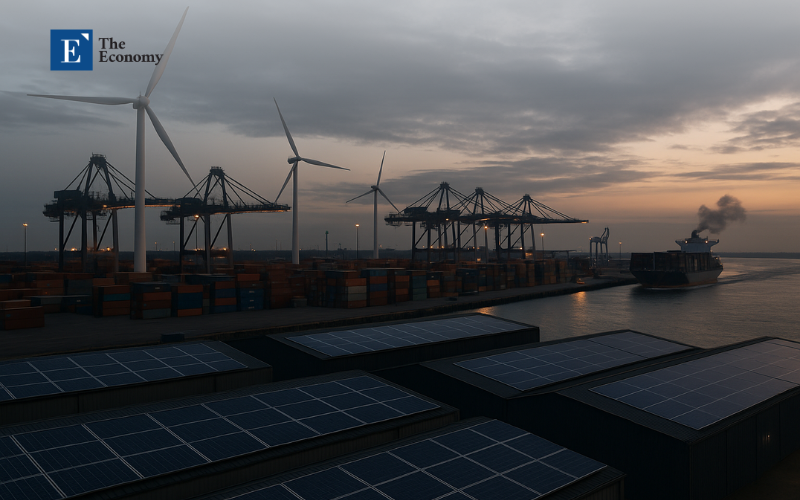
This article is based on ideas originally published by VoxEU – Centre for Economic Policy Research (CEPR) and has been independently rewritten and extended by The Economy editorial team. While inspired by the original analysis, the content presented here reflects a broader interpretation and additional commentary. The views expressed do not necessarily represent those of VoxEU or CEPR.
Read More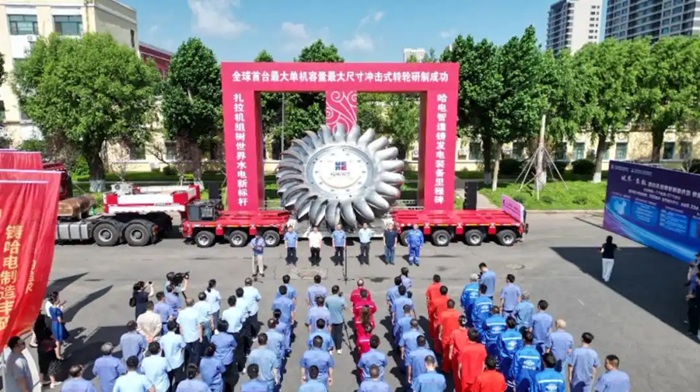
China Prepares to Install World’s Largest Hydropower Turbine in Tibet Estimated to Reduce Carbon Emissions by 3.4 Million Tons From Follower to Leader in Global Hydropower Development Photo = China
Read More










